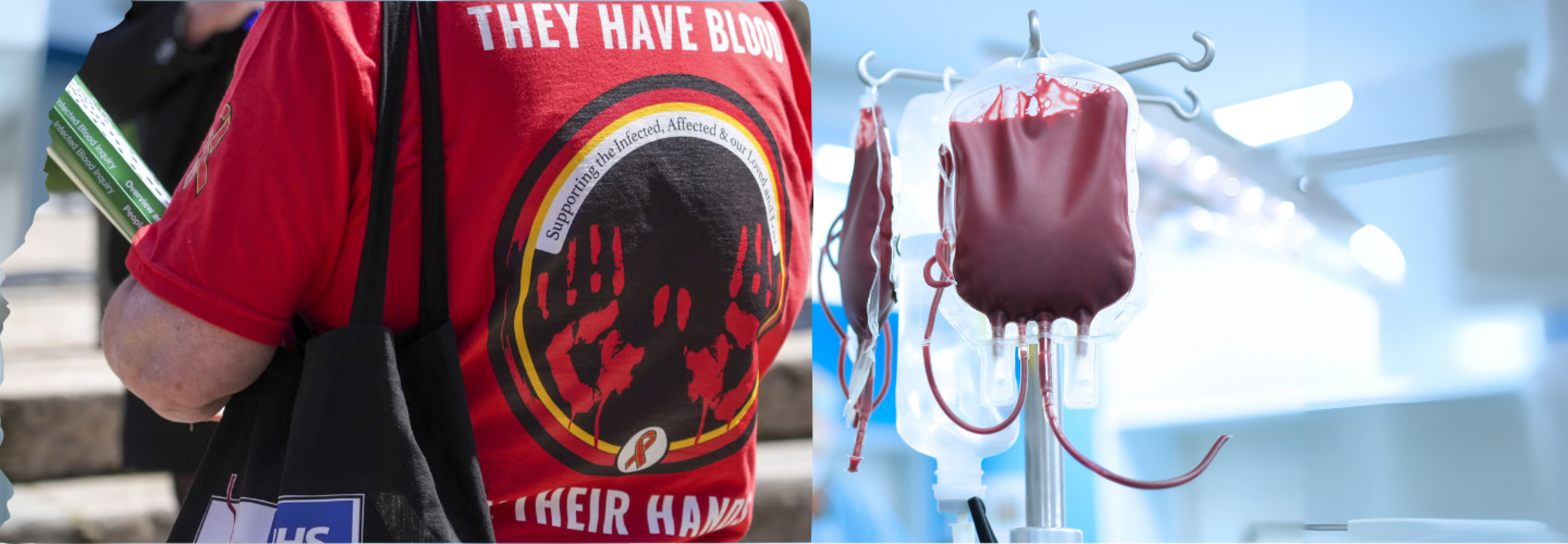Infected Blood Victims Are 'Waiting To Die' As Compensation Delays Drag On; How Can Contaminated Blood Affect Health?

Credits: Canva/PA wire
SummaryOver 30,000 infected blood victims face long-term illness and delayed justice, as fewer than 500 have received compensation despite the UK government allocating £11.8 billion for payouts.
End of Article
